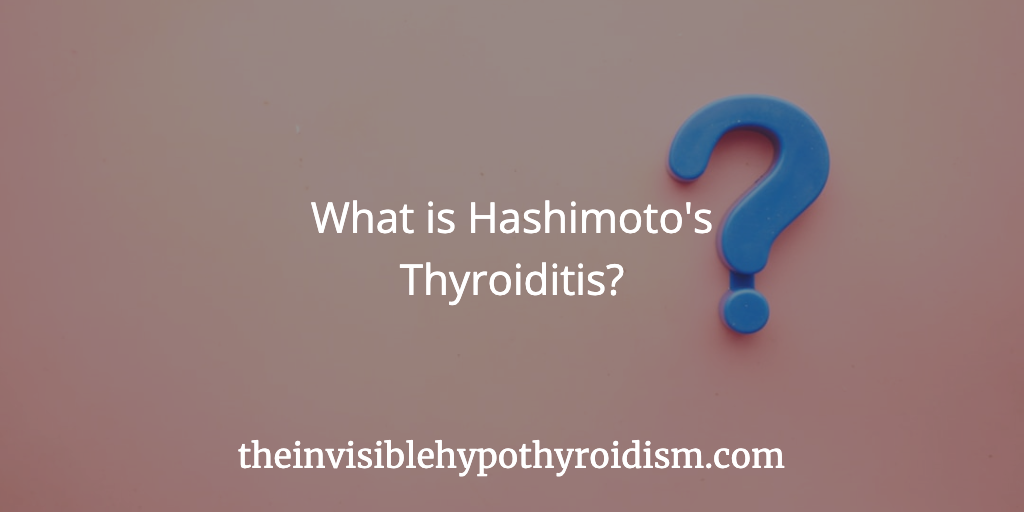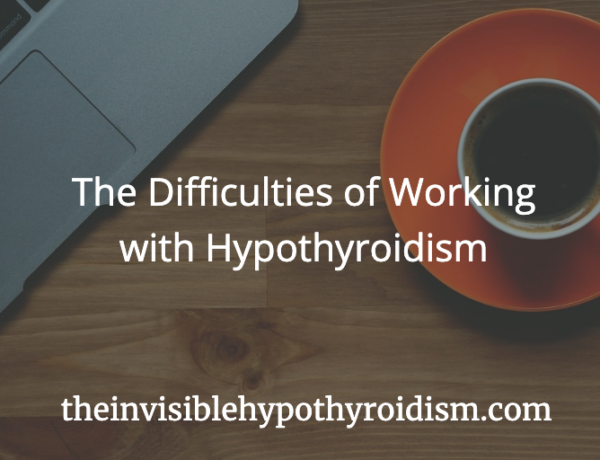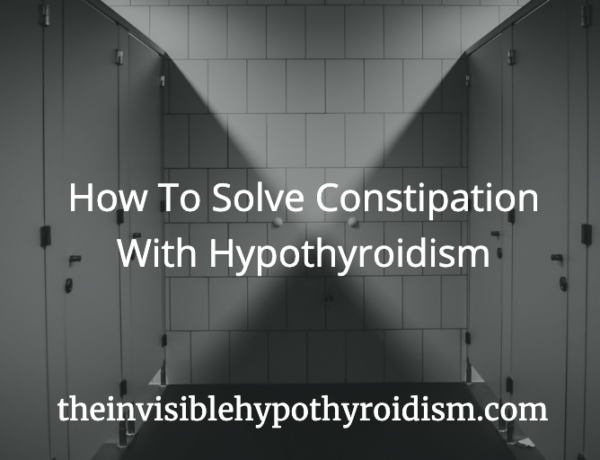Originally published on 20th March 2016 Last updated on 10th May 2024
Hashimoto’s thyroiditis, more often referred to as just Hashimoto’s, is an autoimmune disease and considered to be the most common cause of Hypothyroidism (at around 90%). [1]
Yet thyroid antibodies are often not tested by doctors, who refuse to acknowledge their importance.
Related Article: Why It’s Important to Know if You Have Hashimoto’s
You may be reading this right now and have no idea that you even have this autoimmune disease, Hashimoto’s, yet managing Hashimoto’s as well as hypothyroidism, is so often a huge part of thriving and living well with thyroid disease.
What is Hashimoto’s?
Autoimmune disease Hashimoto’s causes the body to attack and destroy its own thyroid gland, causing hypothyroidism as the thyroid begins to dysfunction from the damage caused.
As time goes by, if this autoimmune disease is not well controlled, your body continues to attack and destroy the thyroid as if it is the enemy, which may cause your thyroid hormone levels to continue to get worse and worse, meaning possible further increases in thyroid medication dosage and ongoing or worsening symptoms. Thyroid hormone levels may also be unstable and hard to stabilise.
Optimal thyroid medication dosage, whether NDT, T3 and T4 or just T4, is of course important to feeling better, but with Hashimoto’s we often see benefits when looking at some other things too.
How Do I Know if I Have Hashimoto’s?
To know if you have Hashimoto’s, you need two tests: Thyroid Peroxidase Antibodies (TPOAB) and Thyroglobulin Antibodies (TGAB).
Thyroid peroxidase antibodies act against the enzyme thyroid peroxidase (produced by the thyroid gland) in the bloodstream.
Thyroglobulin is a protein produced by the thyroid gland, needed for the synthesis of T4 to T3.
You need both Thyroid Peroxidase Antibodies (TPOAB) and Thyroglobulin Antibodies (TGAB) to be checked, as often just the one test is not accurate enough to be sure. One could have results ‘in range’, while the other not. You only need to be over range with one of these types of thyroid antibodies to have Hashimoto’s, but monitoring both is useful.
If you’re not yet sure if you have Hashimoto’s as the cause for your hypothyroidism, you can test for it yourself here (a US testing company) and here (for those in the UK).
Having Hashimoto’s will usually show as TPOAB and TGAB test results being above range, although it is believed that 10% of people with it don’t show on blood tests, yet can be diagnosed with scans.
It is worth knowing that you could see variations in your thyroid antibody and TSH results each time you test too, with them being high one time and low the next. This is due to be a common sign of Hashimoto’s (swinging test results) as ongoing destruction of your thyroid gland causes sudden surges of thyroid hormone to be released into the blood.
This is why it can be important to manage your Hashimoto’s in the form of lowering thyroid antibodies and keeping them low, as this signals that the condition is in remission and better managed. I.e. the progression of the disease is slowed down or halted.
Why Would a Doctor Not Test?
Unfortunately, it is common for doctors to refuse to test your thyroid antibodies, as they may not to see the importance of knowing whether your hypothyroidism is autoimmune, because for many doctors, treatment is the same either way.
You could choose to go private to have these tests done or even order them yourself online.
You can read about treatment of Hashimoto’s and lowering antibodies here
What Difference Does It Make If You Do Have Hashimoto’s?
Well, it means that you can look at calming down the disease and lowering those high antibody levels. It is believed that this means the attack against your thyroid is slowed down or even halted, meaning that symptoms disappear and recovery can begin.
Read about how I got Hashimoto’s in to remission here.
Related Article: What is the Difference Between Hypothyroidism and Hashimoto’s?
What Can I Do?
It’s very much an individual thing, and different people find that different interventions help them to get their health back on track with Hashimoto’s. I documented what worked for me here.
Optimised thyroid levels are always important, whether you’re on NDT, synthetic T3 and synthetic T4 or just synthetic T4 alone and is of course important to feeling better, but with Hashimoto’s you may need to consider some other things too.
Have you confirmed if you have Hashimoto’s?
Related post: Can You Have Graves’ Disease as Well as Hashimoto’s?
See also:
The book Be Your Own Thyroid Advocate: When You’re Sick and Tired of Being Sick and Tired, which covers Rachel’s personal story of how she got her Hashimoto’s under control.
You can click on the hyperlinks in the above post to learn more and see references to information given.
References:
[1] https://www.ncbi.nlm.nih.gov/pubmed/3066320






